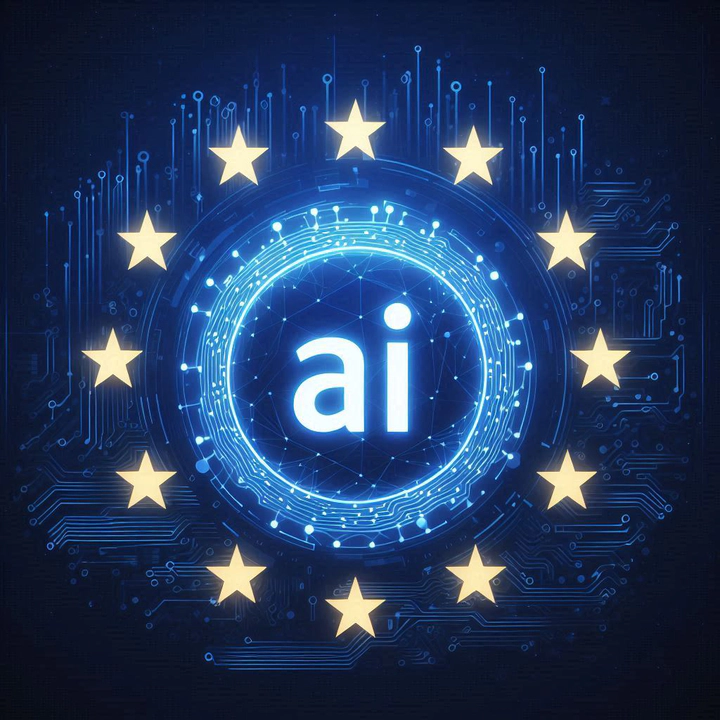Navigating Mandatory EU Regulations in Software and AI Development

As technology continues to evolve at a rapid pace, companies developing software and artificial intelligence (AI) products for the European market face an increasingly complex regulatory landscape. The European Union (EU) is at the forefront of creating a robust legal framework designed to ensure data protection, cybersecurity, fair competition, and ethical AI practices. These regulations aim to promote trust and accountability in the digital age, safeguarding both businesses and consumers. The following is an overview of the most critical mandatory EU regulations that developers must adhere to when designing software and AI-based solutions for the European market:
1. General Data Protection Regulation (GDPR)
Since its enforcement in May 2018, the GDPR has set the global benchmark for data protection and privacy. The regulation mandates strict rules regarding the collection, processing, and storage of personal data of EU citizens. Key requirements include obtaining clear user consent, ensuring data security, and providing individuals with the right to access, modify, or delete their data. Non-compliance can result in fines of up to €20 million or 4% of the company’s global annual revenue, whichever is higher. The regulation applies to any company processing the data of EU residents, regardless of its location.
2. AI Act
Effective August 2024, the AI Act introduces a risk-based regulatory framework, classifying AI systems from minimal to high-risk. High-risk systems must meet strict requirements for transparency, data quality, and human oversight. The Act applies not only to EU-based companies but also to foreign entities whose AI systems affect EU citizens. Penalties for non-compliance can reach 7% of global turnover or €35 million for prohibited AI systems.
3. Digital Services Act (DSA)
The DSA, in force since 2022, regulates online platforms like marketplaces, social networks, and content-sharing services. Its primary goal is to enhance user safety by preventing illegal activities and disinformation while protecting fundamental rights. The DSA establishes accountability for platforms, requiring them to moderate harmful content and improve transparency in algorithms and advertising practices. Large platforms must implement proactive measures to safeguard users and facilitate data access for regulators and researchers, fostering a fair and open online environment.
4. Cybersecurity Act
Effective June 2019, the EU Cybersecurity Act establishes a comprehensive regulatory framework aimed at enhancing cybersecurity across the European market, particularly for companies developing digital products or services in critical sectors. The Act introduces a cybersecurity certification scheme that software and solution providers must comply with, ensuring adherence to EU standards. Emphasis is placed on risk management and incident response, guiding the development of products to meet regulatory obligations. Additionally, the Act fosters collaboration and information sharing among stakeholders, promoting a secure digital ecosystem. Non-compliance with the Act may result in penalties, reinforcing the importance of robust cybersecurity measures for all entities operating within the EU.
5. Cyber Resilience Act (CRA)
CRA is crucial for product development as it mandates that digital products, including software, be designed with security built-in from the start. It requires addressing vulnerabilities, providing regular updates, and maintaining compliance throughout the product’s lifecycle to ensure it meets EU cybersecurity standards. Compliance with the CRA is essential to avoid penalties, ensure market access, and safeguard against cyber threats. By integrating security early, developers not only protect users but also build trust and resilience into their products.
6. NIS2 Directive
The NIS2 Directive, adopted in 2022, expands the scope of cybersecurity obligations established by its predecessor. It enhances cybersecurity across critical sectors, including health, energy, finance, and transport, mandating stricter risk management, incident reporting, and compliance measures. The directive specifically targets medium and large organizations within these sectors, imposing non-compliance penalties of up to €10 million or 2% of global annual revenue. However, it is not applicable to all software products in Europe; only entities operating within designated critical sectors must adhere to its requirements.
7. Data Governance Act (DGA)
DGA is a pivotal European Union regulation adopted in 2022, designed to address the growing need for secure and transparent data-sharing mechanisms within the EU. By establishing clear frameworks for the reuse of public sector data, the DGA aims to enhance accessibility while safeguarding individual privacy. The DGA promotes the efficient and ethical use of data, fostering innovation and economic growth while respecting fundamental rights. For example, it encourages public institutions to share non-personal data, enabling businesses and researchers to leverage this information for advancements in various sectors.
Conclusion
The EU’s legal framework for software development and AI solutions emphasizes safety, transparency, and fairness. Companies entering the EU market must navigate complex regulations like the GDPR, AI Act, DSA, and cybersecurity directives. Adhering to these laws not only protects businesses from legal penalties but also fosters consumer trust, enhances security, and encourages responsible innovation. As regulatory frameworks continue to evolve, staying informed and compliant is crucial for success in the digital economy. By understanding and applying these regulations, companies can ensure that their products are both legally compliant and ethically sound in a rapidly advancing digital market.